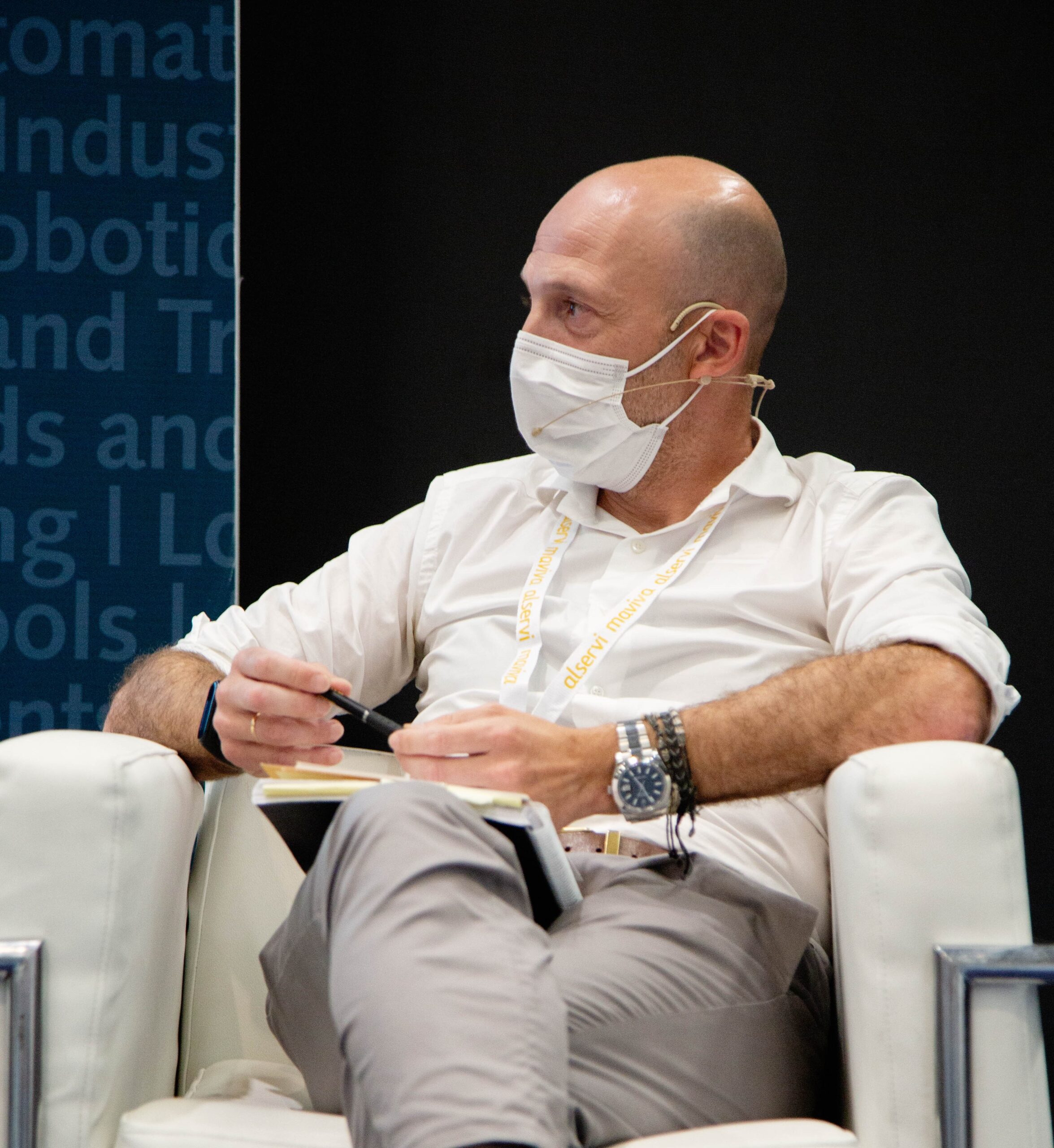We spoke to Antonio Hernández, Managing Director of Alservi – MAVIVA, a company dedicated to providing tailor-made logistics services, specialised in offering SCM solutions for integrated logistics and coordination of flows to assembly lines for the automotive sector.
How was your participation in this edition of Mindtech after the pandemic?
Our first participation in Mindtech has been very positive, as it has allowed us to publicise our activity in the production of complex aluminium parts and to establish alliances to manufacture aluminium components for the aeronautical sector, which is a target activity within our business unit.
You were speakers at the Mindtech automation and robotics workshop, what did you present and how was it received?
We have contributed our point of view as end users of automation solutions in industrial processes, both logistical and productive, as well as our experience on how to undertake a global digitalisation process of an entire company, making it one of its differentiating factors.
The reception has been very good, and especially internally, within our business unit, for having shown our solutions in innovation and highlighted the importance that diversity and, specifically, female talent, gives us in Alservi-Maviva, encouraging all young people and especially women to be interested in and opt for STEM professions.
What services do you offer to automotive material components and what differentiates you from your competitors?
We offer high value-added turnkey services in the last mile of the industrial sector such as production (stamping, precision machining, automated welding) of bumper/battery pack components in aluminium, assembly with sequenced deliveries of component modules such as bumpers, consoles, on-board plates, etc., with our differentiating factors being process engineering through innovative solutions and systems developed in-house.
How have you experienced this period of pandemic and what changes have you made?
Despite the drop in manufactured volumes, we have managed to withstand the economic and supply chain impacts suffered, thanks both to the experience of previous crises and to the efforts made by all our staff and our main partners, both financially and in terms of flexibility. The crisis has reinforced our commitment to permanent innovation, as well as to diversification in terms of customers/geographical areas/products and sectors.
In terms of the automotive sector, what changes do you see coming in the next few years?
The change in propulsion systems, the emergence of 5G and the appearance of new applications/interaction of the automobile with external signals, the ‘oligolipolisation’ of the sector, the continuity for the improvement of competitiveness, new disruptive forms of production and the use of new materials are realities that we are experiencing. In general, we are attentive and working in all trend areas to try to continue providing value to all our customers in any direction in which the sector may evolve.
What are the short-term challenges and growth plans?
To continue to focus on complex services, trying to diversify into markets in which our experience in the automotive sector can add value to improve the quality/efficiency of the same, with the retail sector currently in our sights in the specialised logistics product and the aeronautical sector in the production of aluminium metal components.
